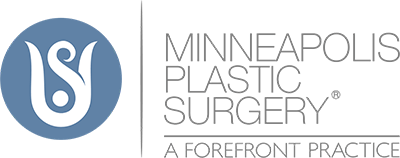Three Questions To Ask A Plastic Surgeon During Your Initial Consultation

These three questions will help you choose the best plastic surgeon for you:
1) Are you board certified by the American Board of Plastic Surgery (ABPS)? If yes, are you participating in and have you completed the required Maintenance of Certification (MOC)?
Why this is important: The ABPS is the gold standard of board certifications for plastic surgeons. It is the only plastic surgery board recognized by the American Board of Medical Specialties (ABMS). The ABMS oversees all legitimate boards for medicine such as pediatricians, other surgical specialties, radiology, etc. To be certified by the ABPS, I completed seven years of surgical training and had to pass a difficult written exam and a very rigorous oral exam.
The ABMS-developed MOC is a professional response to the need for public accountability and transparency. All 24 members of ABMS agreed to this recertification program. Through MOC, physicians demonstrate their commitment to achieving quality clinical outcomes for patients. This program operates on a 10-year cycle that started in 2000. I have participated and successfully completed two cycles. I am currently working on my third cycle. All surgeons should participate in this program. If your surgeon is not, ask them why. “I’m Grandfathered in” is not a good answer in my opinion. I think the older the surgeon, the more they need to stay up to date. Hold your surgeon accountable.
2) How many (name of procedure) do you perform in a year and how many have you done in your career?
Why this is important: Like anything in life… experience matters. While there is no perfect number of cases, your surgeon should be able to confidently show you that they have done a significant number of procedures like the one you’re interested in. Experience is not only an indicator of quality outcomes but can correlate with fewer complications. If complications do arise (and they can happen, even with the best surgeons) experience will help in treating the issue. Think of experience as “Been there, done that!” insurance. I have performed over 5,000 cosmetic procedures in my 25-year career (and counting) as an aesthetic surgeon.
3) What are the most common risks and complications for this procedure?
Why this is important: As I mentioned above, there are possible risks and complications with all surgery. Your surgeon should be well versed and knowledgable about these issues. They should also be confident and competent in treating them when they occur. Fortunately, most of these risks are minimal in elective cosmetic surgery (as you would hope and expect).

I hope this information is useful and that you find your ideal plastic surgeon. Feel free to schedule a free consultation with me (virtual or in-person) and see how I answer these and any other questions you may have.
